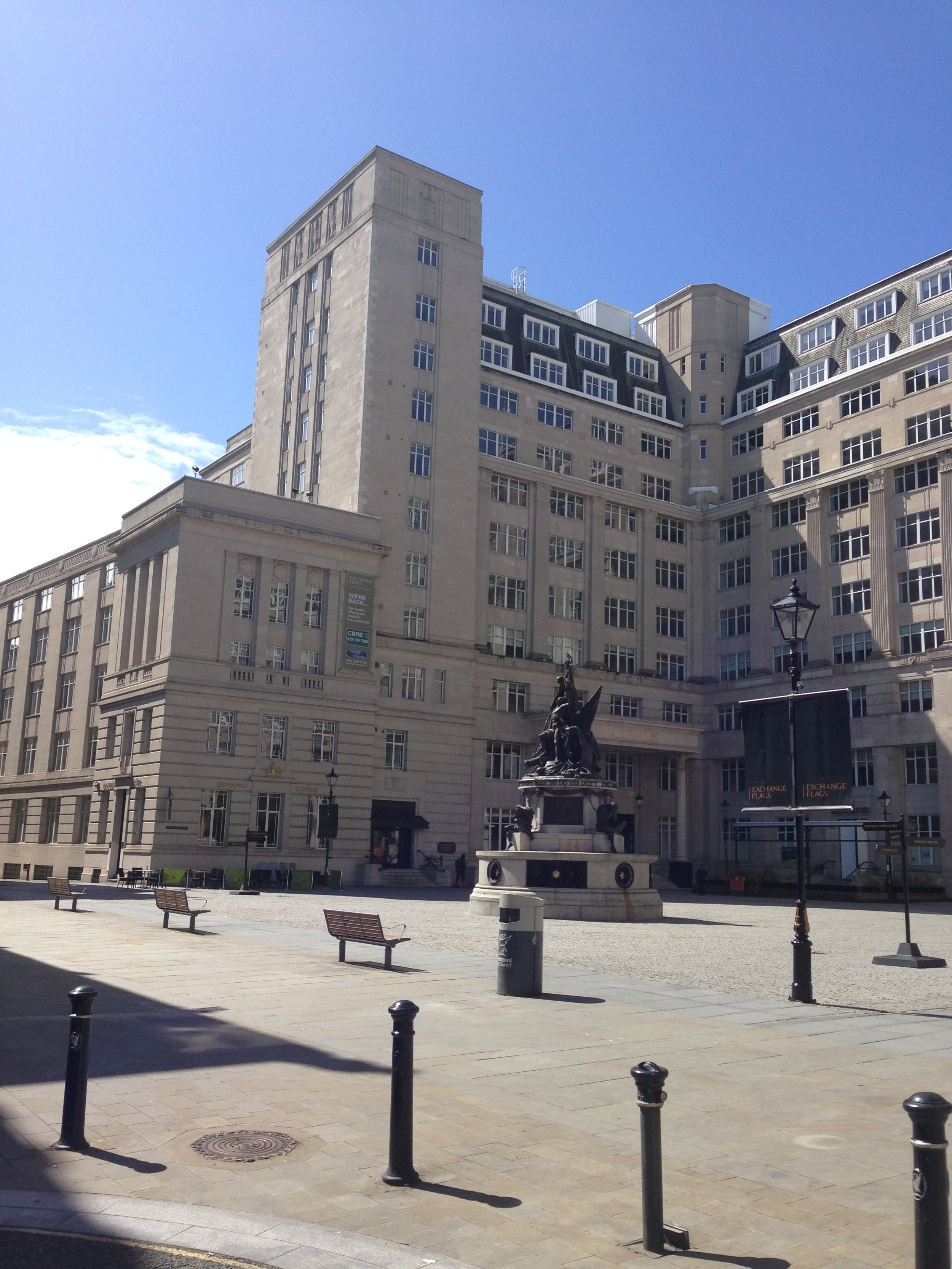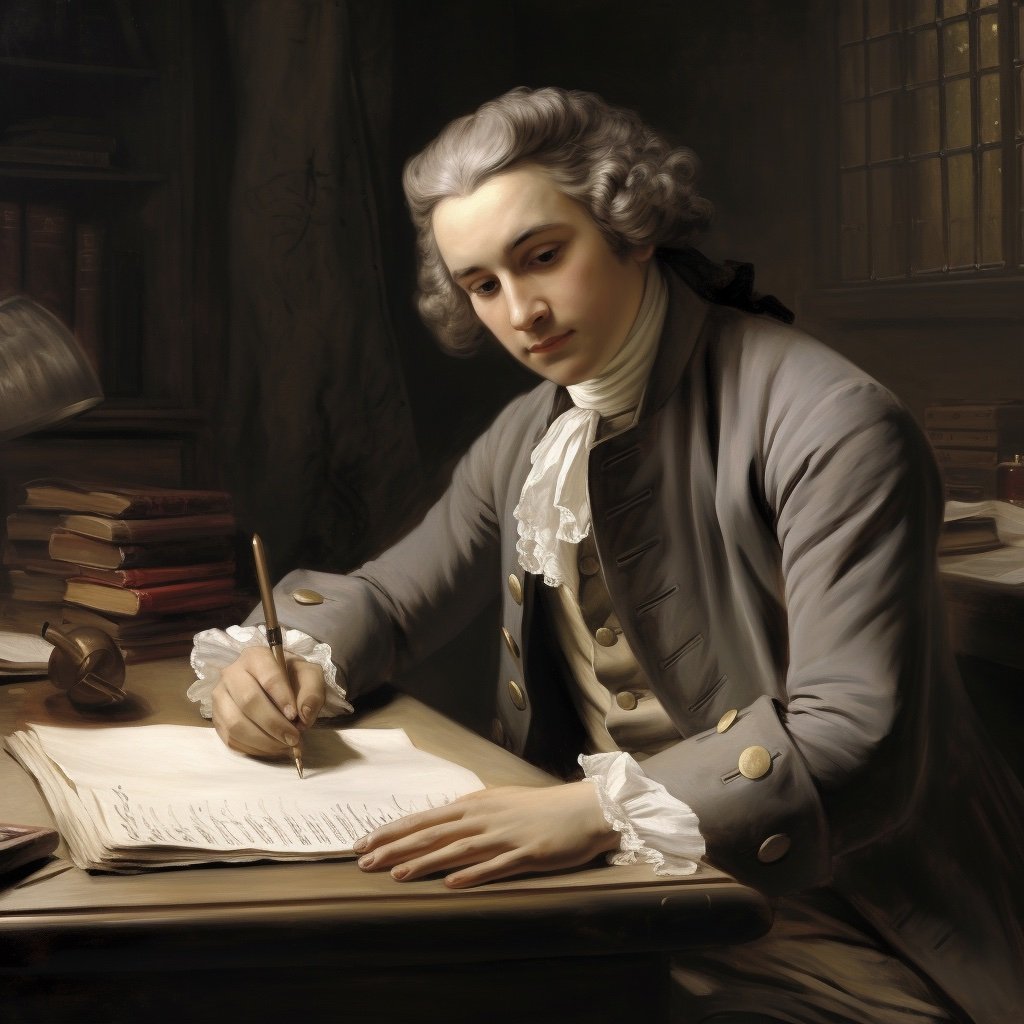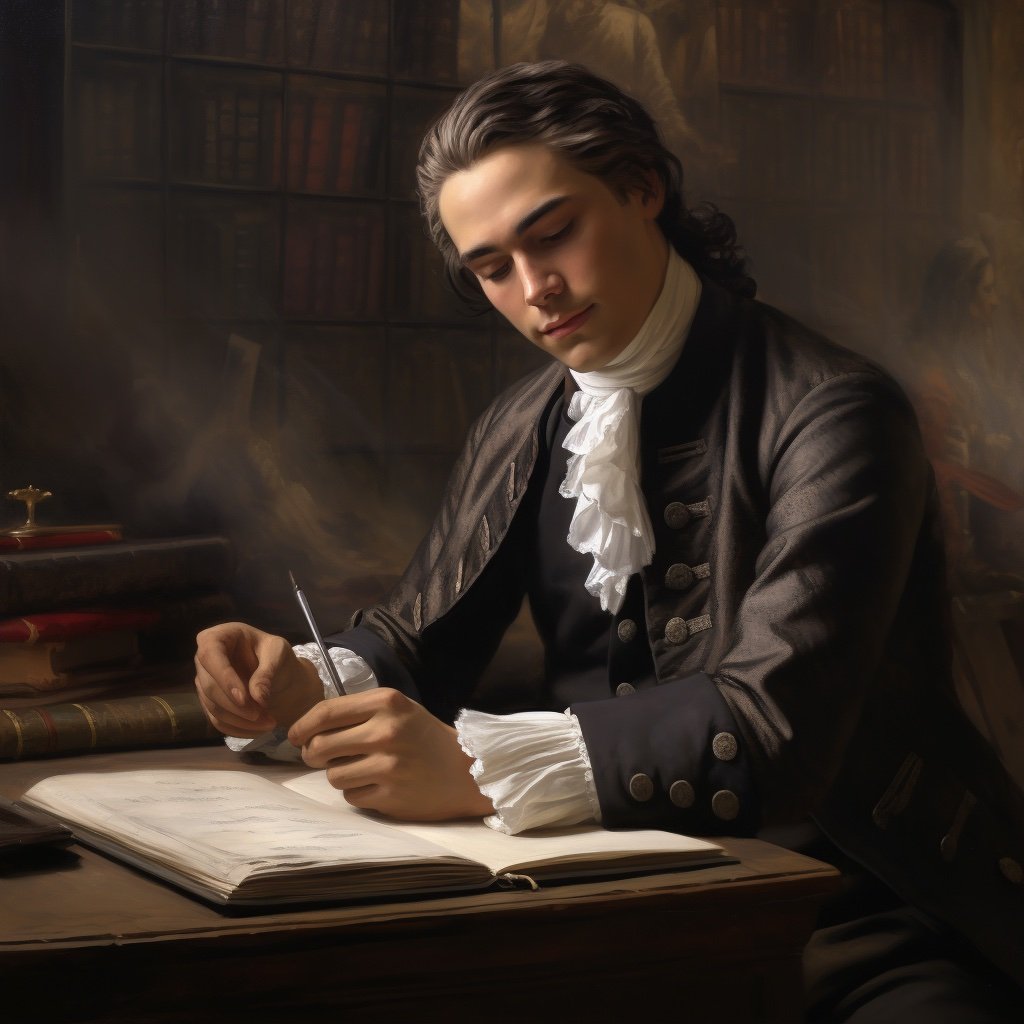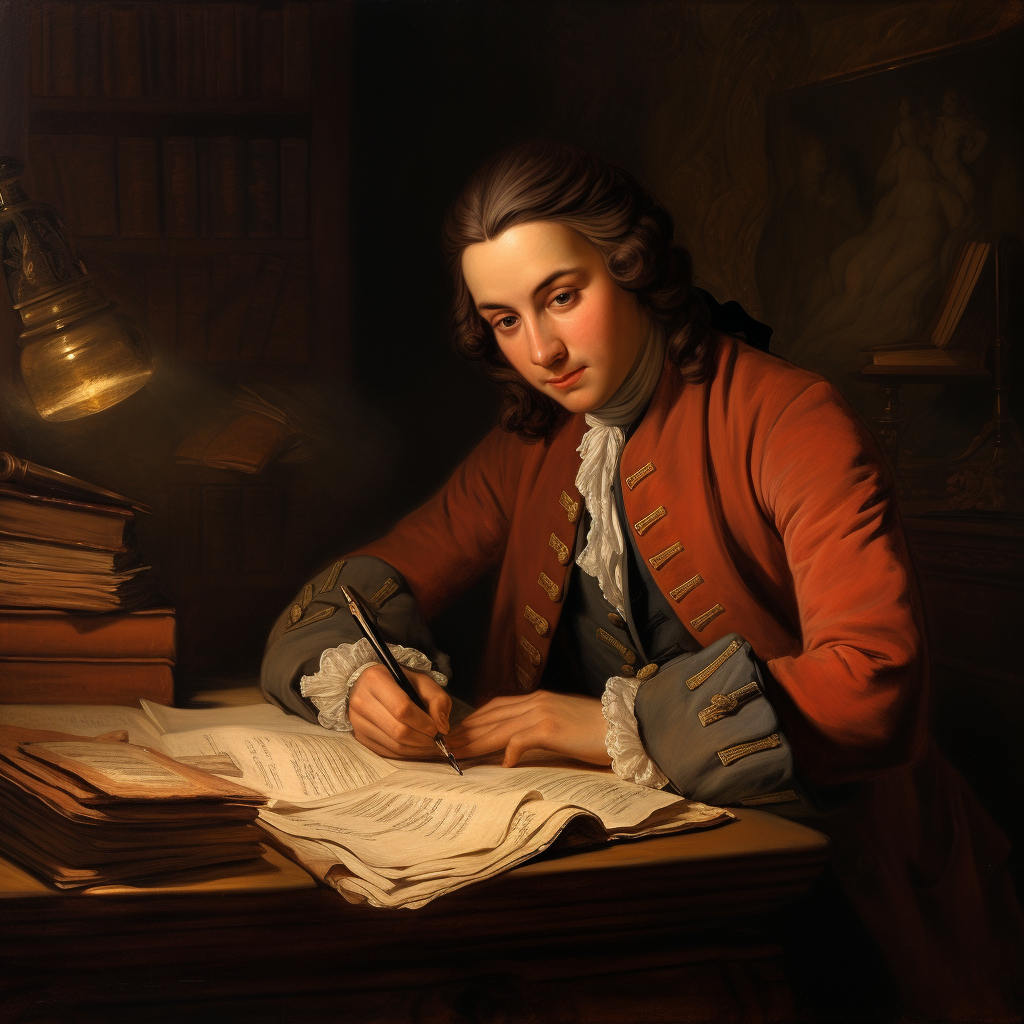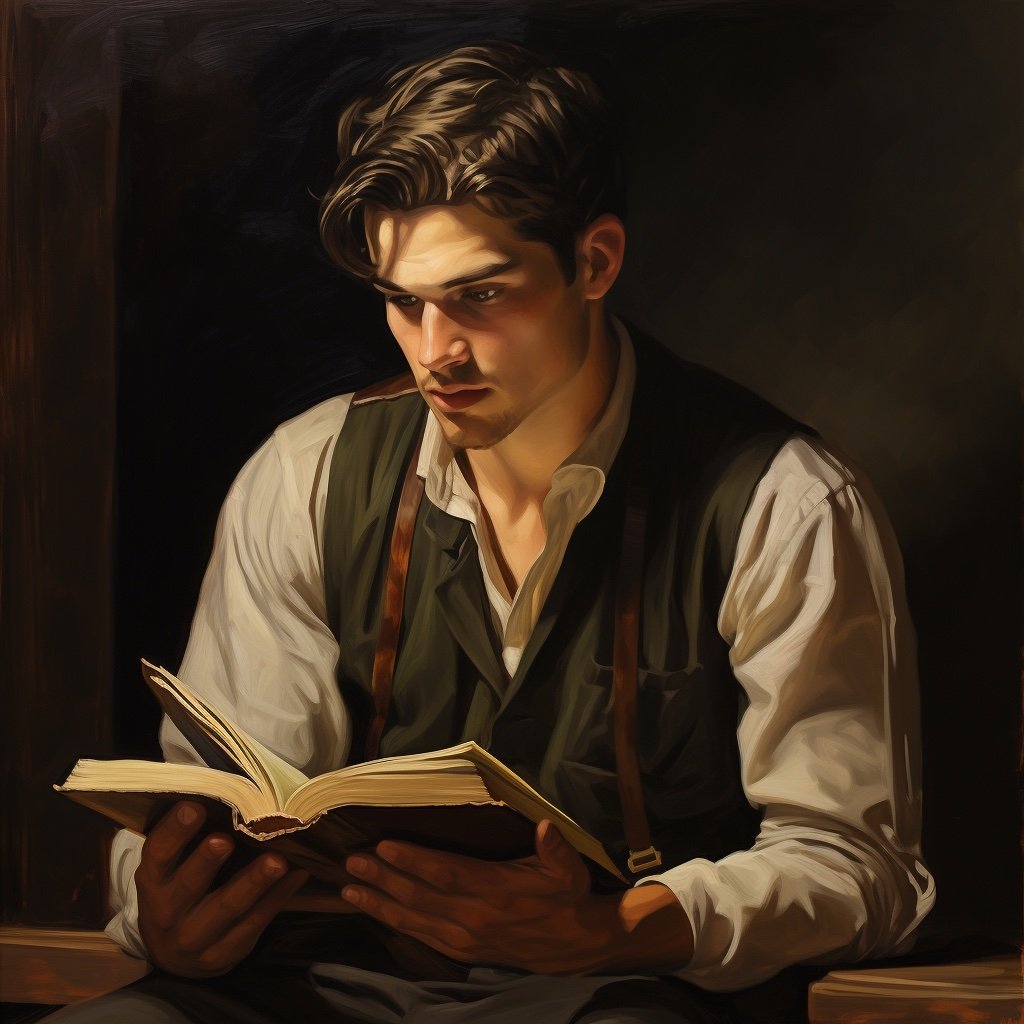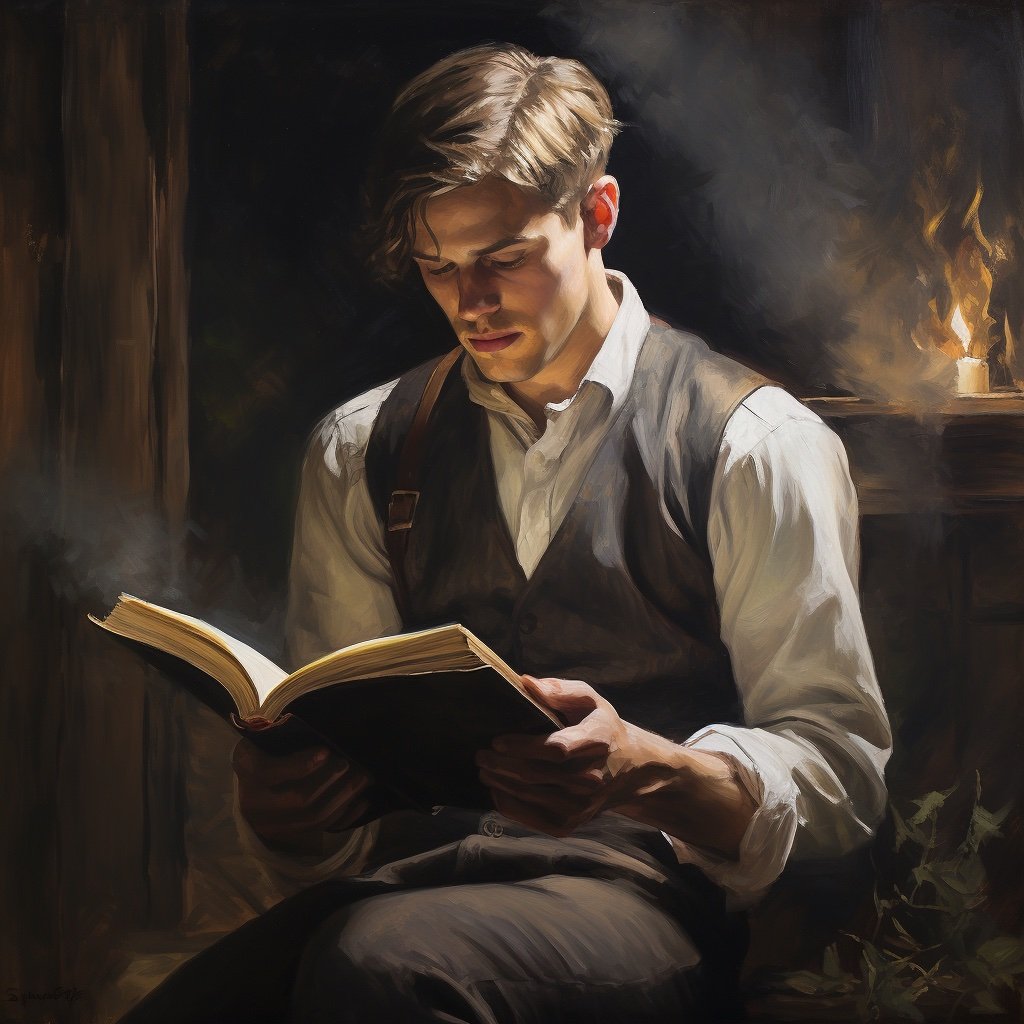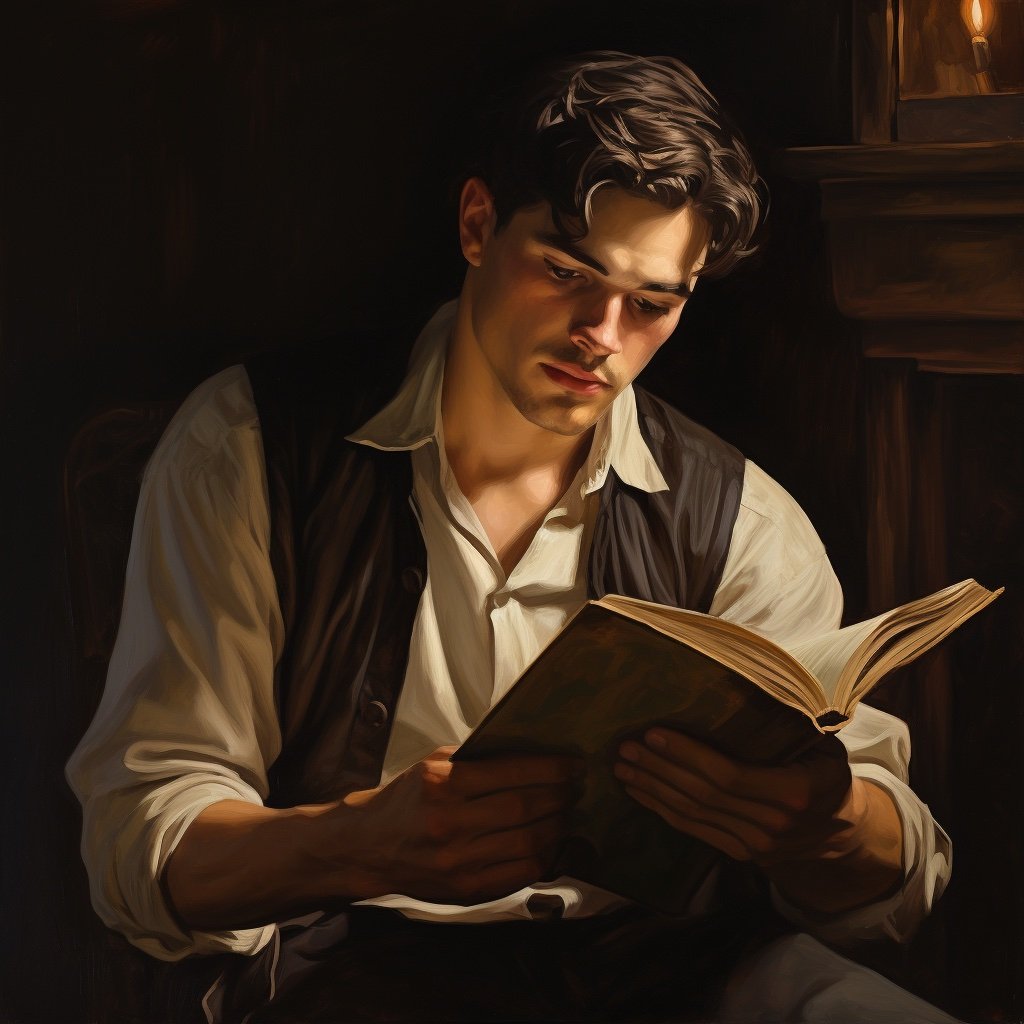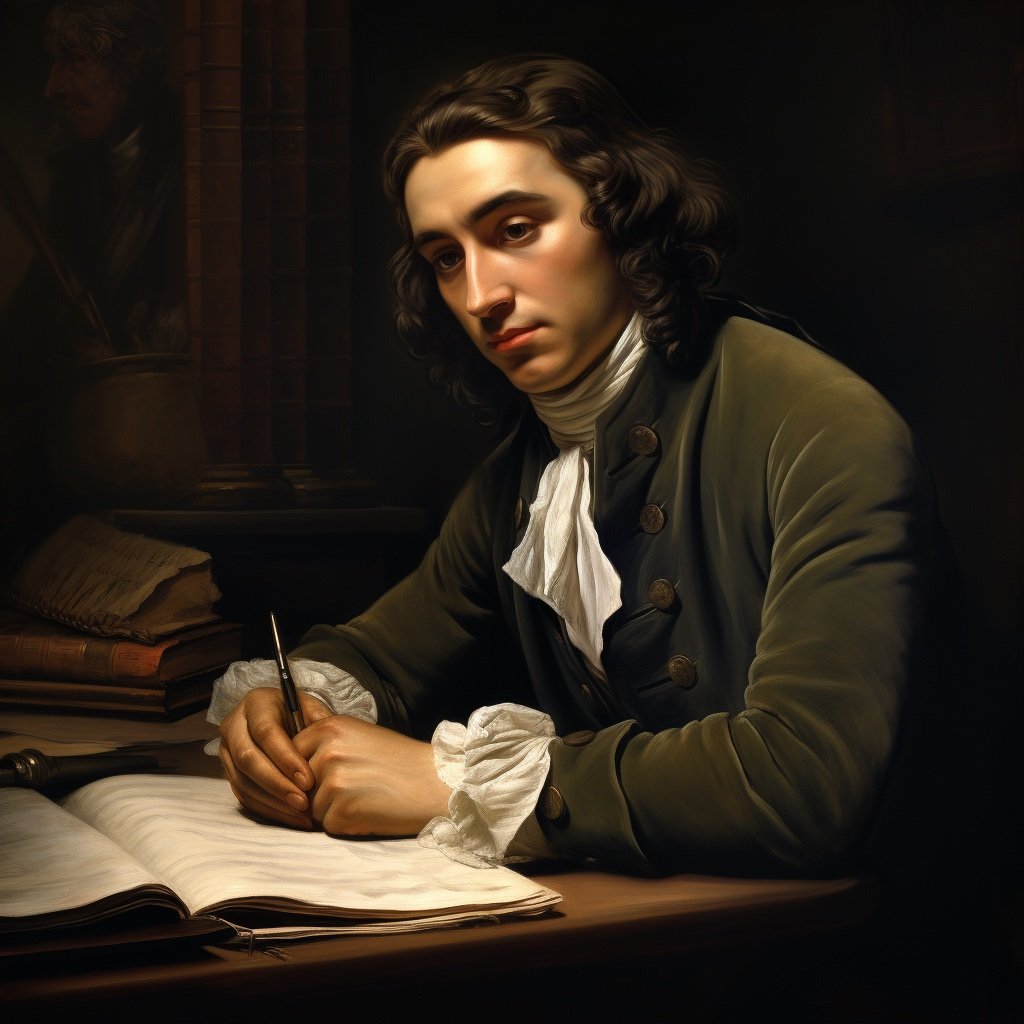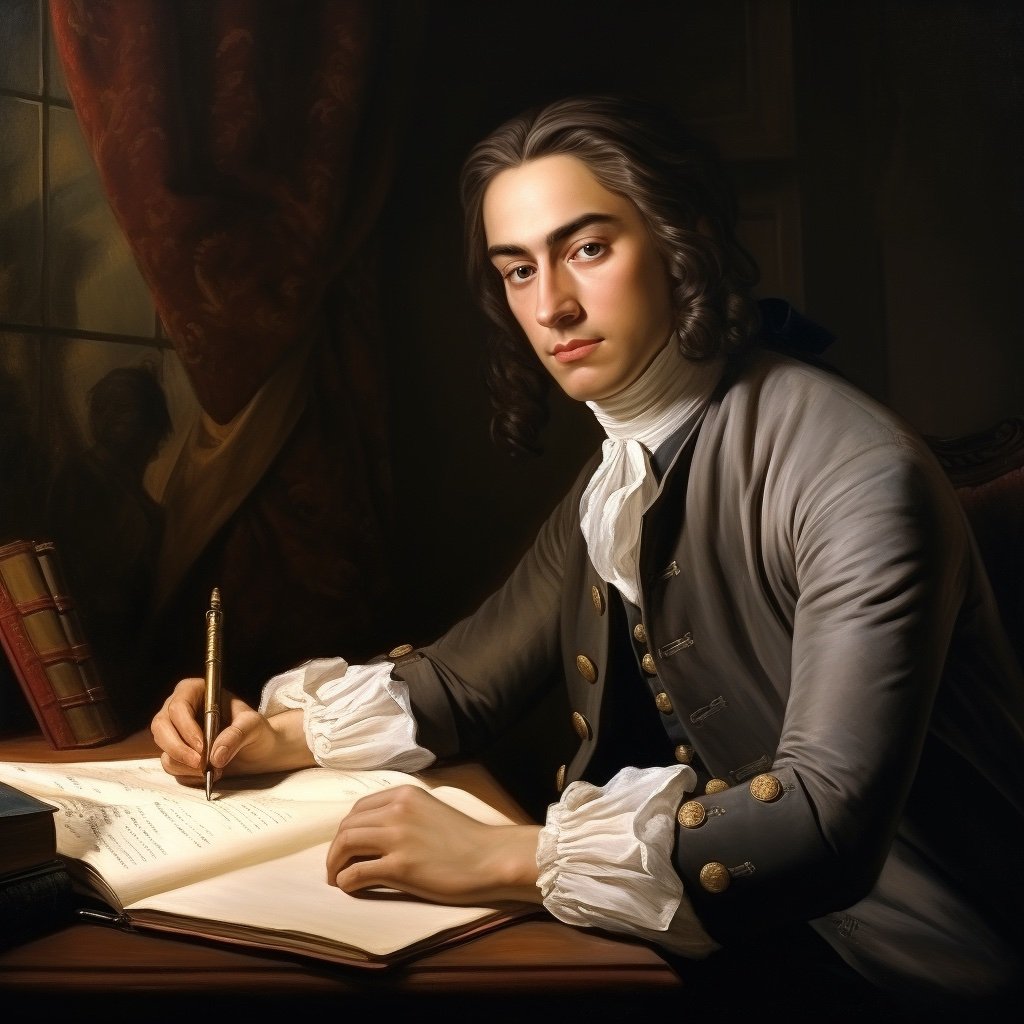Journal ~ Law and the Rule of Law

Journal
Law and the Rule of Law
The Night Before!
Now let me get this right, one last
time.
Where law and equity conflict,
equity shall prevail.
I
Equity is primarily fairness or natural justice. A fresh body of rules by the side of the original law, founded on distinct principles, and claiming to supersede the law in virtue of a superior sanctity inherent in those principles (Maine). Equity is the body of rules formulated and administered by the Court of Chancery to supplement the rules and procedure of the common law.
By the Judicature Act 1873 the Court of Chancery was amalgamated with the Common Law Courts to form the Supreme Court, and rules of equity are administered in all divisions of the court, and where there is any conflict between the rules of law and equity, equity is to prevail.
II
Oh God! How the hell am I going to remember all of this for tomorrow? How can I learn all of this? I can’t even remember the most famous lines of Shakespeare!
Hey John! Stop applying the machine gun technique.
What do you mean?
You have a legal problem. You’re asked to explain precisely the law that applies. You’re in the right area, but you cannot quite find the answer so you decide to fling the whole gamut at it. No wonder he threw the book at you last week and told you to get a grip! He’s a barrister at law. He needs to know he can rely upon you to separate the wheat from the chaff, the irrelevant from the relevant and then to deliver him the precise legal argument that he will use in Court.
You’ve got the last examination in your finals tomorrow…
Don’t I know it!
Shut up. Don’t interrupt.
Sorry.
There’s no way you’re expected to learn those two paragraphs. Remember how Lord Denning described it? Something like this. Always bring the law down to lay terms.
Yeah, yes. I remember. But…
No. What’s the main thrust of those two paragpraphs? What are they telling us about Law?
Well, that there is common law, the bedrock…
Good, and…
…that there is statute law…
Excellent. Go on…
And that there is Equity.
Superb.
And what does equity do? What is its function? How did it arise?
Well, it explains the common law and… oh, hang on, takes precedent?
Got it!
John, picture a thousand years back the court meeting each week or month in the town square or on the village green. Farmers, artisans, shopkeepers, arguing neighbours. All come to the judges who are on circuit from town to village to city, all hearing their cases. Their bedrock is the Common Law.
But it is too restrictive on its own. There are many interpolations. Remember that word. It’ll gain you an extra mark.
So what happens? Judges start to look at different ways of intepreting the fairly strict and basic rule of common law. How did Lord Denning put it John?
…ah wait a minute. It’s coming back. Law is a living breathing thing. It is a person.
Nice one. Develop it.
So the judges establish new principles to help the decision-making process in similar or even identical cases.
Yes. Got it in one.
Now go for the Pièce de résistance John… come on, you’re there…
… hang on…
Where law and equity conflict, equity shall prevail.
Fantastic, John. Now, don’t get clever. Just give me one word to describe equity, come on…
Oh wow, I remember… Fairness.
Absolutely!
See? That wasn’t so bad after all, and you now have a pretty good practical understanding of those two weighty paragraphs. And remember John. In my area of law - probate and trusts - equity plays a very important, practical role even today. You know what? We’re not so far from the village green or the town square even now. Keep this in mind. And when your clients look at you with bemusement because they don’t understand equity - and believe me, when it comes to interpreting wills, equity plays a major role in healing the breach between warring family factions - just remind them of the judges on the green. Take them back to the stories we loved as kids. We’ve never forgotten any of them. Well, do the same with Law.
Right. I’m off. Got a coffee appointment at Exchange Flags. I’ll pick you up at Nine sharp. Close the books tonight, now, and get a good night’s sleep. You’re going to fly through that final of finals tomorrow, lad.
Blimey, thanks Ken. Yep. I’ll be on the pavement waiting. I always love seeing the Benz sweep round the corner into view.
III
The gallery is a personal reminder of my own very rich heritage. Here, we take the Rule of Law for granted. It is by no means set in stone. In other countries it is conspicuous by its absence, and the people suffer greatly.
In the United Kingdom I counsel this. Let us never take our freedom, our democracy for granted.
Vladimir Putin openly talks now, and with increasing confidence, of a new world order. We have the War in Ukraine. We have the War in Israel. We have more than seventy million Americans determined to bring in a new world order. They are a large and very vociferous minority insisting that they are the silent majority.
For what approaches, I pray that we have the same resolve as a nation as our grandparents had, and that resolve we now see in the People of Ukraine. I am by no means persuaded of the certainty of the outcome of that prayer.
9 October 2023
All Rights Reserved
LIVERPOOL
© 2023 Kenneth Thomas Webb
Exchange Flags, Liverpool on 23 May 2015 and the coffee house on the corner ~ home! I was very fortunate to catch this view, for usually, Flags is teaming with people, commuters, office workers and tourists. KTW
Ken Webb is a writer and proofreader. His website, kennwebb.com, showcases his work as a writer, blogger and podcaster, resting on his successive careers as a police officer, progressing to a junior lawyer in succession and trusts as a Fellow of the Institute of Legal Executives, a retired officer with the Royal Air Force Volunteer Reserve, and latterly, for three years, the owner and editor of two lifestyle magazines in Liverpool.
He also just handed over a successful two year chairmanship in Gloucestershire with Cheltenham Regency Probus.
Pandemic aside, he spends his time equally between his city, Liverpool, and the county of his birth, Gloucestershire.
In this fast-paced present age, proof-reading is essential. And this skill also occasionally leads to copy-editing writers’ manuscripts for submission to publishers and also student and post graduate dissertations.


